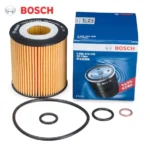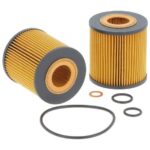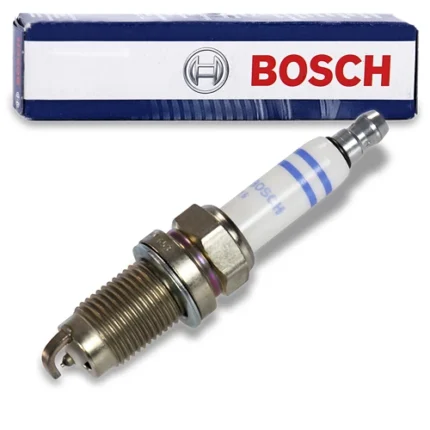-7%






Oil Filter BMW N46 Engine
Part Number: 11427508969
Brand; Bosch
Fits; BMW
KShs1,500 Original price was: KShs1,500.KShs1,400Current price is: KShs1,400.
Payment Methods:
Oil filters are critical components of a vehicle’s lubrication system, responsible for removing contaminants and impurities from engine oil. Understanding the benefits of oil filters and recognizing the signs indicating the need for replacement are essential for maintaining optimal engine performance, prolonging engine life, and ensuring overall vehicle reliability.
Follow us on Facebook For more parts.
No account yet?
Create an AccountTEAM ONESTOP
Typically replies within minutes
Looking for parts?
Team Onestop
Car Parts Specialists
🟢 Online
WhatsApp us